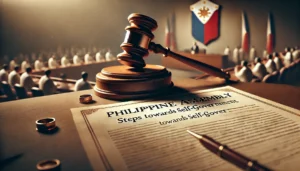
The Establishment of the Philippine Assembly: Steps Towards Self-Governance
The establishment of the Philippine Assembly marks a crucial milestone in the journey of the Philippines towards self-governance and independence. To fully appreciate the significance of this development, it is essential to understand the historical context in which it occurred. The late 19th and early 20th centuries saw the Philippines transition from Spanish colonial rule […]
Read More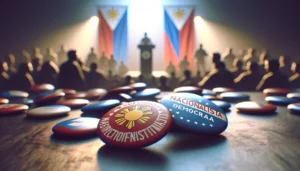
The Rise of Filipino Political Parties: Nacionalista and Democrata
The emergence of political parties in the Philippines marks a significant chapter in the nation’s journey towards self-governance and independence. As the archipelago transitioned from Spanish colonial rule to American occupation, the Filipino people began to assert their right to political representation and autonomy. This period saw the birth of two major political parties that […]
Read More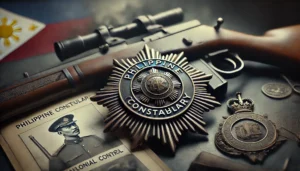
The Philippine Constabulary: Maintaining Order and Colonial Control
The Philippine Constabulary, a paramilitary police force, was established on August 8, 1901, during the American colonial period in the Philippines. It was created by the United States Philippine Commission, led by William Howard Taft, who would later become the 27th President of the United States. The primary purpose of this organization was to maintain […]
Read More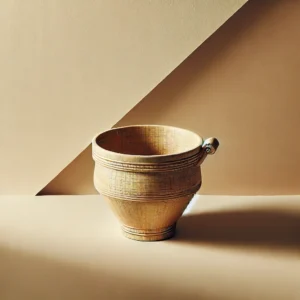
The Tabo: A Common Household Item with Cultural Significance
The tabo, a humble plastic dipper found in countless households across Southeast Asia, is far more than just a simple container. This unassuming object carries with it a rich cultural heritage, practical functionality, and environmental implications that extend far beyond its modest appearance. In this comprehensive exploration, we will delve into the history, uses, and […]
Read More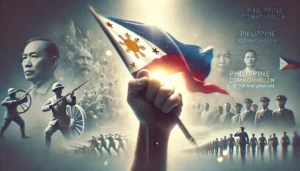
The Philippine Commonwealth: A Step Towards Independence
The journey towards Philippine independence was a long and complex process, marked by significant milestones and political negotiations. One of the most crucial steps in this journey was the establishment of the Philippine Commonwealth in 1935. This period served as a transitional phase, preparing the Philippines for full independence while still under American sovereignty. Origins […]
Read More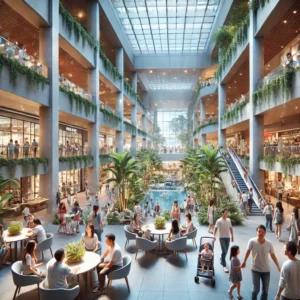
Shopping Malls: A Popular Destination for Filipinos
Shopping malls have become an integral part of Filipino culture and daily life, serving as more than just retail spaces. These sprawling complexes have evolved into multi-functional hubs that cater to various aspects of modern living, from entertainment and dining to social gatherings and business meetings. This blog post delves into the significance of shopping […]
Read More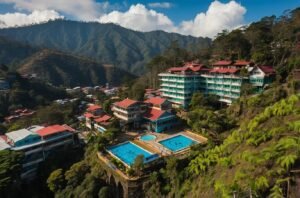
Baguio: The City of Pines and Summer Capital of the Philippines
Welcome to Baguio, a city that’s as cool as its climate! If you’re looking for a refreshing escape from the tropical heat of the Philippines, you’ve come to the right place. Nestled high up in the Cordillera Mountains, Baguio is a breath of fresh air – literally and figuratively. Known as the “City of Pines” […]
Read More
Basketball in the Philippines: A National Pastime
Basketball in the Philippines is more than just a sport; it’s a cultural phenomenon that has captured the hearts and minds of millions across the archipelago. From bustling city streets to remote rural villages, the familiar sound of a bouncing ball and the sight of makeshift hoops attached to trees or buildings are ubiquitous. This […]
Read More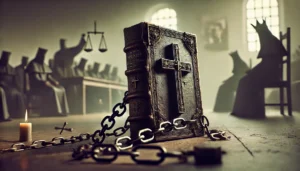
The Spanish Inquisition in the Philippines: Persecution and Dissent
The Spanish Inquisition, a notorious period of religious persecution and control, extended its reach to the Philippines during the colonial era. This dark chapter in Philippine history, spanning from the late 16th century to the early 19th century, had profound impacts on the religious, social, and cultural landscape of the archipelago. The Inquisition in the […]
Read More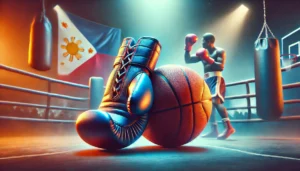
The History of Philippine Sports: A Passion for Basketball and Boxing
The history of sports in the Philippines dates back to the pre-colonial era. Indigenous games and physical activities were integral parts of Filipino culture long before Western influences arrived. These traditional sports and games were often tied to religious rituals, community celebrations, and daily life. Some examples include arnis (stick fighting), sipa (kick ball), and […]
Read More